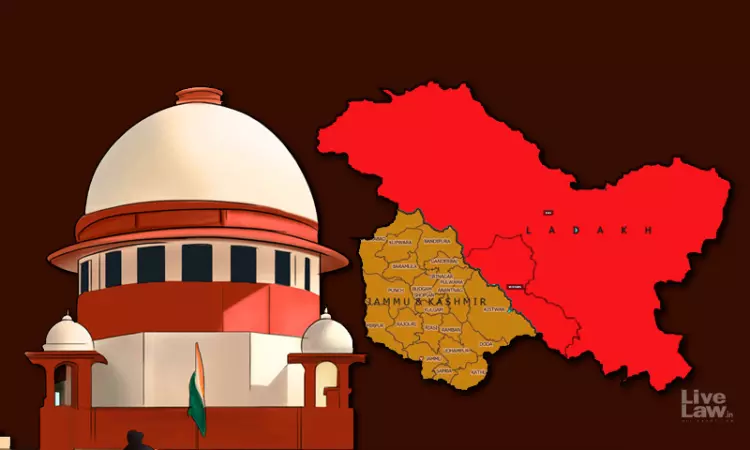Supreme Court Dismisses J&K Govt's Plea Against HC Direction To Create 334 Judicial Posts Within 60 Days
Debby Jain
15 Jan 2025 5:40 PM IST

Next Story
15 Jan 2025 5:40 PM IST
The Supreme Court today dismissed Jammu and Kashmir government's challenge to a High Court order which directed the UT authorities to create 334 judicial posts within 60 days.A bench of Justices Hrishikesh Roy and SVN Bhatti passed the order, noting that the main matter is pending before the High Court and the observations contained in the impugned order - an interim order - were...
